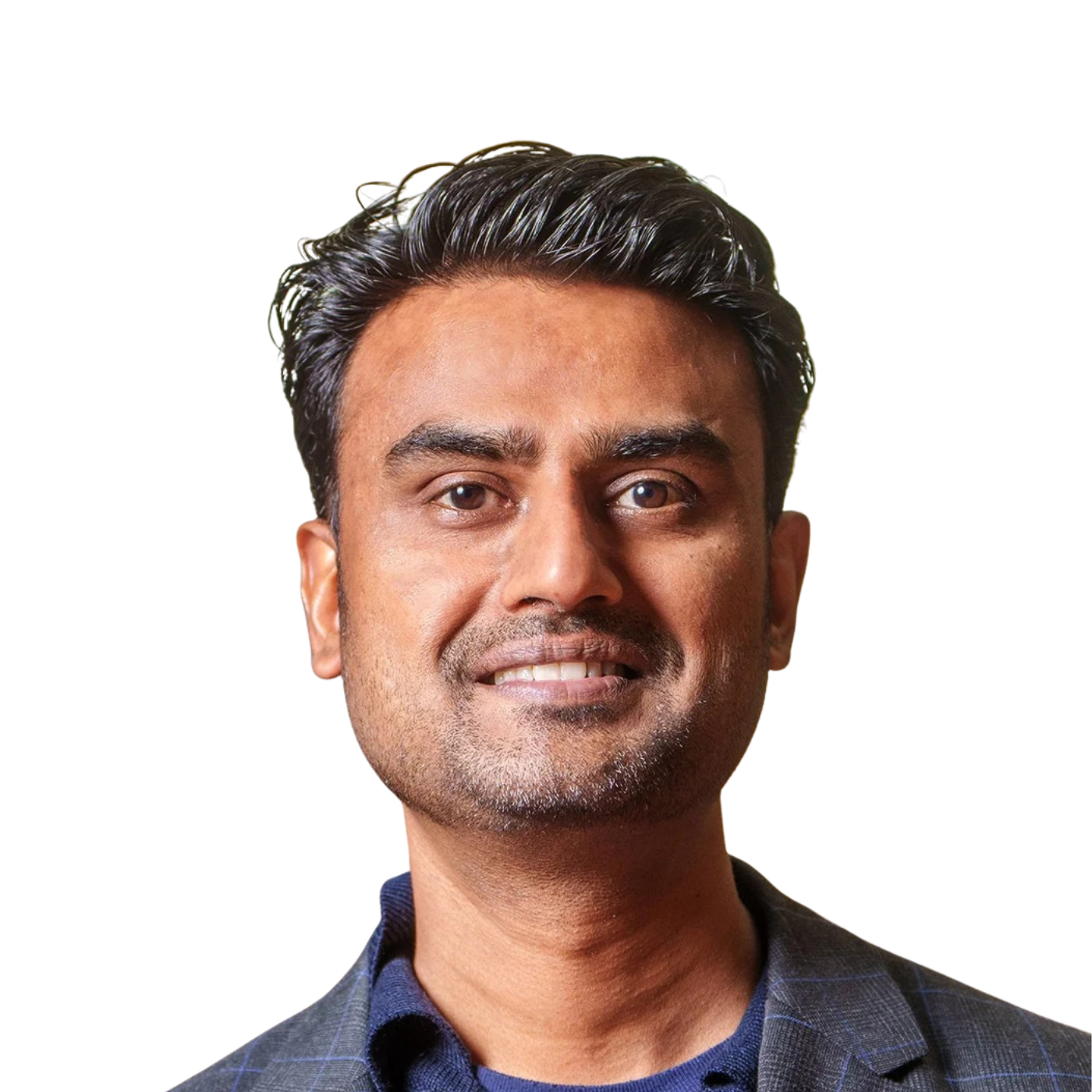Show Notes
"I was just very naive, and I just wanted to get down and do things. I was not thinking of how to finish my PhD fast; I just wanted to do something that was meaningful."
In part one of our four-part series with Eswar Iyer, he shares his journey from growing up as a curious kid in India building telescopes to co-founding Aikium, a biotech startup working to unlock the undruggable proteome using AI and synthetic biology.
A former 10X Genomics scientist, Eswar has worked in some incredible labs, including George Church’s group at Harvard Medical School and the Wyss Institute, where he led pioneering work in spatial transcriptomics, CRISPR screening, and tissue engineering. His research not only produced high-impact technologies and patents but also sparked influential discussions on bioethics in neuroscience and synthetic biology.
Eswar reflects on formative experiences at BITS Pilani and George Mason University, where resilience, mentorship, and creativity shaped his scientific path.
He discusses how building custom tools, thriving in resource-limited settings, and adapting to new cultures fueled his growth as a scientist and entrepreneur—lessons that continue to inspire biotech founders facing challenges today.
Key topics covered this episode:
- How childhood curiosity and tinkering sparked a love of science
- Turning academic setbacks into resilience and deeper learning
- The role of mentors in shaping his trajectory
- Creativity and resourcefulness in constrained research settings
- Adapting to cultural transitions in academia and beyond
If you enjoy The Biotech Startups Podcast, please consider subscribing, leaving a review, or sharing it with your friends. Thanks for listening.
Prefer video? Watch the full episode on YouTube:
Resources & Articles
- Laser Capture Microdissection Technique: https://en.wikipedia.org/wiki/Laser_capture_microdissection
- Microarray Technology: https://pmc.ncbi.nlm.nih.gov/articles/PMC3467903/
- CRISPR Screening Fundamentals: https://pmc.ncbi.nlm.nih.gov/articles/PMC7036479/
Organizations & People
- BITS Pilani: https://www.bits-pilani.ac.in/
- George Mason University: https://www.gmu.edu/
- Lance Liotta: https://www.linkedin.com/in/lance-liotta-5788559b/
- Emmanuel Petricoin: https://www.linkedin.com/in/emanuel-petricoin-8b4aa04/
- Virginia Espina: https://www.linkedin.com/in/virginia-ginny-espina-187baa7a/
- Ashish Das: https://www.linkedin.com/in/das-ashis/?originalSubdomain=in
- Ancha Baranova: https://www.linkedin.com/in/ancha-baranova-4227b21b/




